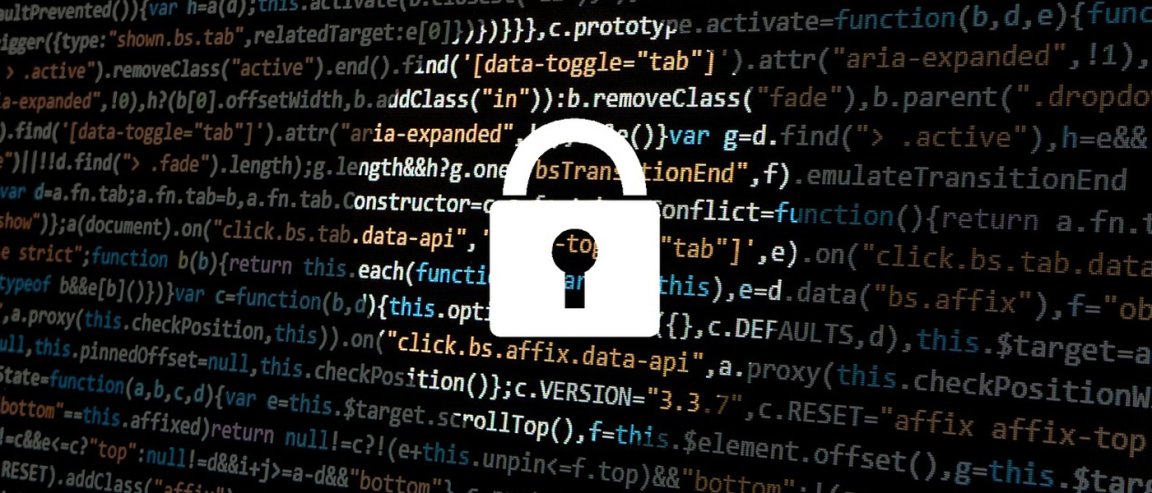
The Future of Passwords
Security is a constant concern in an interconnected world. While connectivity has given us the ability to conduct transactions and store information online, keeping that data secure hasn’t been easy. Most of us simply use passwords, but those are hackable and not as secure as we may hope. Also, because they often need to be updated, we can easily forget our passwords, making them both a liability and a hassle.

A team of scientists led by Cheung Yiu-ming from the Hong Kong Baptist University (HKBU) has presented a brilliant and novel solution to this problem. It’s the first technology of its kind in the world, and it could spell the end of typed passwords.
Their idea is a lip-reading software that has you speak directly to your device. All you need to do is say or mouth your password to the camera of your laptop or smartphone. The recognition software will grant you access once it reads your lips. “This system verifies a person’s identity by simultaneously matching the password content with the underlying behavioral characteristics of lip movement,” according to a write-up on HKBU’s website.
Better Biometrics
Many modern devices now have provisions for some form of biometric security, the most common of which is fingerprint authentication. These indeed work, but they aren’t as foolproof as they seem. Fingerprints, though unique, can be “stolen” — all it takes is someone accessing a copy that could fool a fingerprint scanner. Because you can never change your fingerprint, it can never again be used as a form of security.

Lip movement is more secure. “The dynamic characteristics of lip motions are resistant to mimicry, so a lip password can be used singly for speaker verification, as it is able to detect and reject a wrong password uttered by the user or the correct password spoken by an imposter,” according to the HKBU announcement.
Furthermore, Cheung’s software combines lip motion reading with traditional voice-based authentication. “The same password spoken by two persons is different, and a learning system can distinguish them,” he explained. It short, it’s a more secure and ideal form of biometric authentication.
This software could have applications beyond your smartphone. It could also prove useful for financial transactions, such as those that take place at ATMs. The software may be available soon, as it’s already received a U.S. patent in 2015, so start thinking now about what you want to say to unlock your devices.